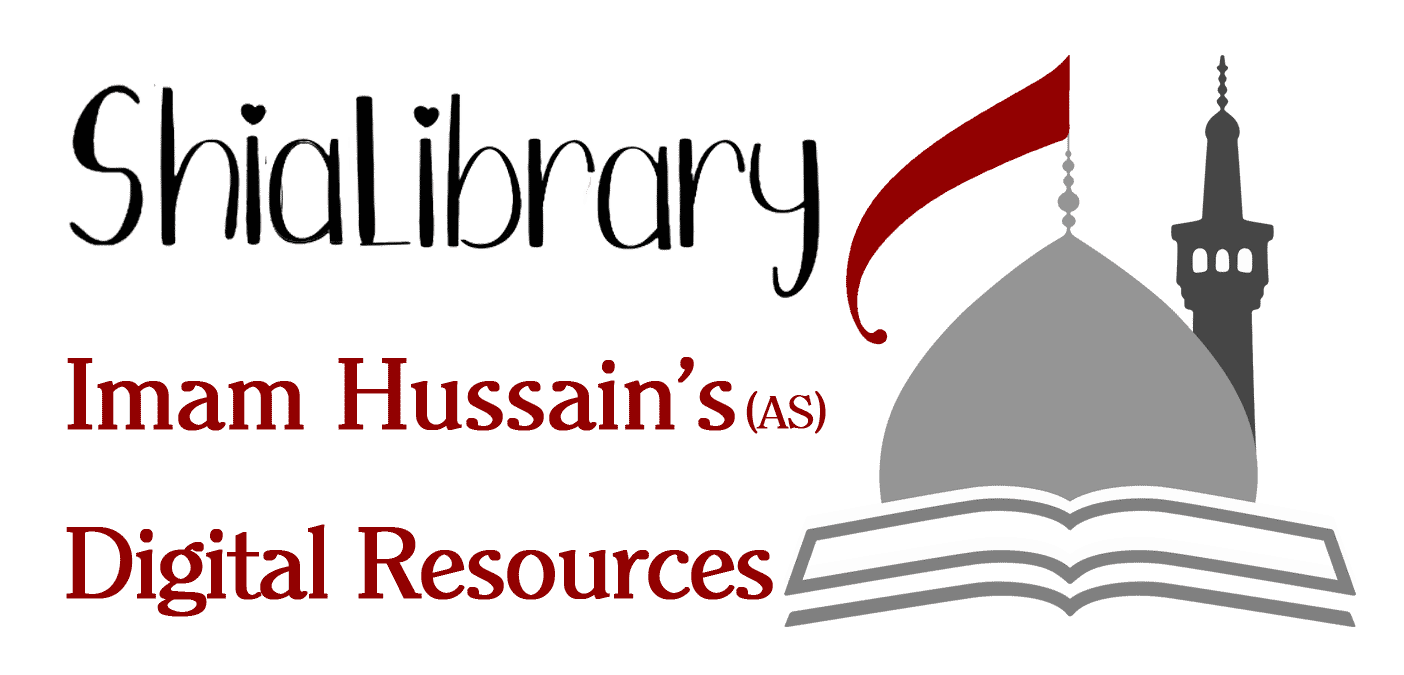نسبت اخلاق و گزارههای حقوقی در تجارت با نظر به نهجالبلاغه
ناشر: عضو هیات علمی دانشگاه پیام نور
چکیده: Morality is one of the sources of Law and has strong power that lead to the production of legal rules. However, morality and law don’t share a similar content and domain. Law duty to maintain public order and justice in society And this cannot be achieved except by inspiration from moral rules and ethical principles that derived from sources of revelation and religious teachings these are Islam’s and Imam Ali’s economic thoughts. Nahj-al-Balagha is one of the sources of religious teachings, although Nahj-al-Balagha isn’t the whole sayings of Imam Ali that remains from him, but Carefully read and referred to the Nahj-al-Balagha largely makes us familiar with Imam Ali’s training on economic issues. In His mind, the destruction of a society is due to the destruction of moral norms, and the development of a society is due to the same norms. In this article, In the beginning morality and law and their relationship defined and then ethical principles governing the commerce from the perspective of Imam Ali (PBUH) is investigated. The results of this study indicate that, the strict implementation of ethical principles that stated by Infallible Imams (peace be upon them) and religious teachings will establish social regularity and justice in society. اخلاق یکی از منابع علم حقوق به شمار میرود. اخلاق نیروی پر توانی است که کار ایجاد قواعد حقوقی را رهبری میکند. اما با این وجود اخلاق و حقوق دارای مفهوم و قلمرو یکسان نیست. حقوق وظیفه برقراری نظم و عدالت را در جامعه به عهده دارد و این مهم محقق نمیشود مگر با الهام گرفتن از قواعد و اصول اخلاقی که از منابع وحی و آموزههای دینی سرچشمه گرفته است که این همان اندیشه اقتصادی اسلام و امیرالمومنین(ع) است. یکی از این منابع آموزههای دینی نهجالبلاغه است که هر چند نهجالبلاغه همه گفتههایی نیست که از حضرت به یاد مانده، اما مراجعه به نهجالبلاغه و دقت در آن، ما را تا حدی با سیره تربیتی حضرت در مورد مسایل اقتصادی آشنا ساخته است. سقوط یک جامعه در نگاه حضرت بهخاطر سقوط هنجارهای اخلاقی و پیشرفت آن جامعه نیز بهخاطر همین هنجارها میباشد. در این مقاله بعد از تعریف اخلاق، قلمرو آن با حقوق و ارتباط بین آنها و اصول اخلاقی حاکم بر معاملات از دیدگاه حضرت علی(ع) مورد بررسی قرار گرفته است. یافتههای این مقاله نشان داد اجرای دقیق اصول اخلاقی ذکر شده توسط ایمه اطهار(ع) و آموزههای دینی نظم اجتماعی و عدالت را در جامعه برقرار خواهد کرد.

| contributor author | Maleki Burujeni, Najme | en |
| contributor author | The Relationship Between Morality and Legal Statements in Commerce in Light of Nahj-al-Balagha | en_US |
| contributor author | مالکی بروجنی، نجمه | fa |
| date accessioned | 2025-02-22T05:41:11Z | |
| date available | 2025-02-22T05:41:11Z | |
| identifier uri | http://hdl.handle.net/110/13456 | |
| description abstract | Morality is one of the sources of Law and has strong power that lead to the production of legal rules. However, morality and law don’t share a similar content and domain. Law duty to maintain public order and justice in society And this cannot be achieved except by inspiration from moral rules and ethical principles that derived from sources of revelation and religious teachings these are Islam’s and Imam Ali’s economic thoughts. Nahj-al-Balagha is one of the sources of religious teachings, although Nahj-al-Balagha isn’t the whole sayings of Imam Ali that remains from him, but Carefully read and referred to the Nahj-al-Balagha largely makes us familiar with Imam Ali’s training on economic issues. In His mind, the destruction of a society is due to the destruction of moral norms, and the development of a society is due to the same norms. In this article, In the beginning morality and law and their relationship defined and then ethical principles governing the commerce from the perspective of Imam Ali (PBUH) is investigated. The results of this study indicate that, the strict implementation of ethical principles that stated by Infallible Imams (peace be upon them) and religious teachings will establish social regularity and justice in society. | en |
| description abstract | اخلاق یکی از منابع علم حقوق به شمار میرود. اخلاق نیروی پر توانی است که کار ایجاد قواعد حقوقی را رهبری میکند. اما با این وجود اخلاق و حقوق دارای مفهوم و قلمرو یکسان نیست. حقوق وظیفه برقراری نظم و عدالت را در جامعه به عهده دارد و این مهم محقق نمیشود مگر با الهام گرفتن از قواعد و اصول اخلاقی که از منابع وحی و آموزههای دینی سرچشمه گرفته است که این همان اندیشه اقتصادی اسلام و امیرالمومنین(ع) است. یکی از این منابع آموزههای دینی نهجالبلاغه است که هر چند نهجالبلاغه همه گفتههایی نیست که از حضرت به یاد مانده، اما مراجعه به نهجالبلاغه و دقت در آن، ما را تا حدی با سیره تربیتی حضرت در مورد مسایل اقتصادی آشنا ساخته است. سقوط یک جامعه در نگاه حضرت بهخاطر سقوط هنجارهای اخلاقی و پیشرفت آن جامعه نیز بهخاطر همین هنجارها میباشد. در این مقاله بعد از تعریف اخلاق، قلمرو آن با حقوق و ارتباط بین آنها و اصول اخلاقی حاکم بر معاملات از دیدگاه حضرت علی(ع) مورد بررسی قرار گرفته است. یافتههای این مقاله نشان داد اجرای دقیق اصول اخلاقی ذکر شده توسط ایمه اطهار(ع) و آموزههای دینی نظم اجتماعی و عدالت را در جامعه برقرار خواهد کرد. | fa |
| language iso | الفارسية | ar |
| language iso | Persian | en_US |
| language iso | فارسی | fa |
| publisher | عضو هیات علمی دانشگاه پیام نور | |
| title | نسبت اخلاق و گزارههای حقوقی در تجارت با نظر به نهجالبلاغه | fa |
| type | دوفصلنامه | |
| journal title | آموزه های نهج البلاغه | fa |
| source Database | ISC | |
| contenttype | فقط بيانات | ar |
| contenttype | Metadata Only | en_US |
| contenttype | فراداده | fa |
| subject keywords | حقوق | fa |
| subject keywords | اخلاق | fa |
| subject keywords | تجارت | fa |
| subject keywords | معاملات | fa |
| subject keywords | نهجالبلاغه | fa |
| year publication | 1394 | |
| source Onlinelink | https://search.isc.ac/DL/Lend%20Service/LendService/Get_TitleSearchResultDetail.aspx?DTC=8&DC=923734 | |
| pages | 16 |
